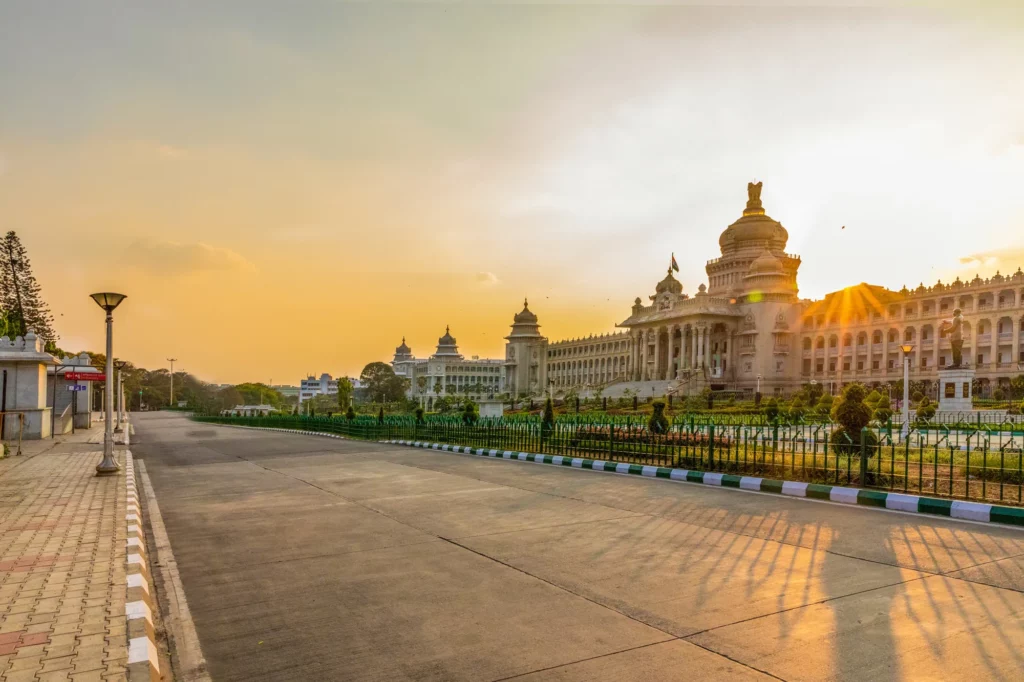Karnataka Government’s Historic Decision to Abolish 50% Admission Quota for Minority Institutions
In a transformative move, the Karnataka government has officially decided to scrap the mandatory 50% admission quota for minority-run educational institutions. This decision, approved by the Karnataka Cabinet on December 6, 2024, marks a pivotal shift in the state’s higher education policies and addresses concerns regarding representation and fairness in educational access.
Cabinet Approval Marks a Key Policy Shift
Under the previous policy, minority institutions were required to reserve 50% of their seats for students from the minority religion or community they represented. While this rule was intended to ensure better representation of minorities in educational institutions, it created significant challenges for institutions serving smaller communities like Sikhs, Jains, and Parsis, who face a limited student base.
The new amendments to the Karnataka Educational Institutions (Provision and Conditions for Recognition of Minority Educational Institutions) Rules, 2024, have abolished this rigid quota system. With the removal of this quota, these institutions will now have the flexibility to admit students based on merit and available capacity, rather than being constrained by community-specific requirements.
Challenges Faced by Smaller Minority Communities
For institutions representing smaller minority communities, such as Jains, Sikhs, and Parsis, the 50% quota was a major obstacle. With a limited population base in Karnataka, these institutions struggled to fill the required number of seats with students from their respective communities. The new policy will alleviate these challenges, enabling institutions to admit students from diverse backgrounds, ensuring that they are better equipped to manage admissions and maintain quality standards.
The Broader Impact on Education
The decision to remove the 50% community-based quota is expected to have far-reaching effects on Karnataka’s education landscape. By shifting towards merit-based admissions, the state aims to create a more inclusive and dynamic higher education system. The change will enable minority institutions to attract students from all communities, thereby enriching the campus environment with diverse perspectives and enhancing academic performance.
This move will also streamline the admissions process, allowing institutions to better manage their student intake without the pressure of meeting rigid quotas. As a result, these institutions can focus more on educational quality and student development, rather than adhering to quotas.
Key Takeaways from the Policy Overhaul
The Karnataka government’s decision to scrap the 50% admission quota is a step forward in creating a more inclusive educational environment. It will help minority institutions thrive, particularly those serving smaller communities, by eliminating barriers to admissions. Moreover, this change will enable institutions to better serve students from diverse backgrounds, enhancing the overall educational experience in the state.
